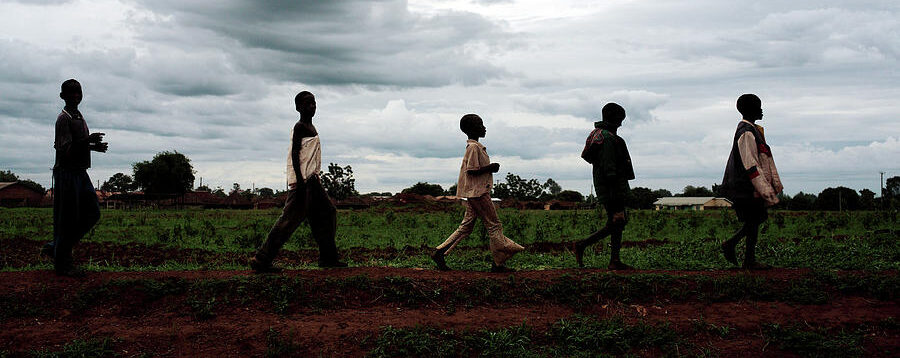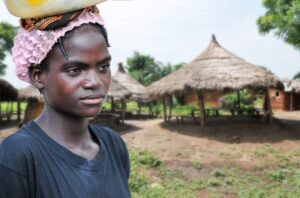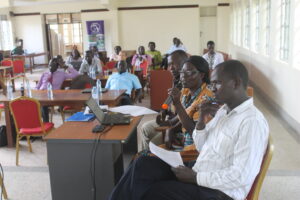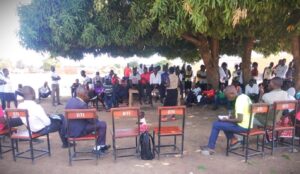Situations of conflict, displacement and encampment are, in both academic literature and popular media, often considered extremely uncertain. Crisis is seen as a radical rupture of the everyday normality, and displacement is deemed a temporary and liminal condition that will become ‘normal’ again once people return home. Refugees and Internally Displaced Persons (IDPs) are commonly portrayed as waiting, suffering, and hoping for return, and the refugee experience is seen as an experience of emptiness, scarcity and unpredictability.
But for many people, crisis is the everyday reality rather than an abrupt change. More than 60 million people are currently displaced, and the number keeps rising. Refugee situations last for 20 years on average. Nonetheless, notions of temporality, uncertainty and unpredictability underlie most of our current understanding of situations of conflict, displacement and encampment.
Uncertainty is often considered essential to the refugee experience, and is perceived as a stable condition over time and space. Yet, we know very little about how people themselves experience uncertainty in their daily lives and in future. In addition, conflict, displacement and encampment are social phenomena, shaped by people, institutions and the historical and societal context in which they occur and in which they are represented and managed. The idea of such contexts as uncertain is thus also prompted by the way we look at and handle refugees in today’s world. Although uncertainty is an important topic in refugee studies literature, it is more often an implicit assumption, than the object of inquiry in thinking about refugees issues, and the condition of uncertainty itself remains understudied and undertheorized.
Aim
Social Context
Project Description
Research Period: 01-10-2014 – 30-09-2018
Implemented by: VLADOC (VLIR-UOS)
Researchers: Julie Schiltz, Sofie Vindevogel, Eric Broekaert & Ilse Derluyn





